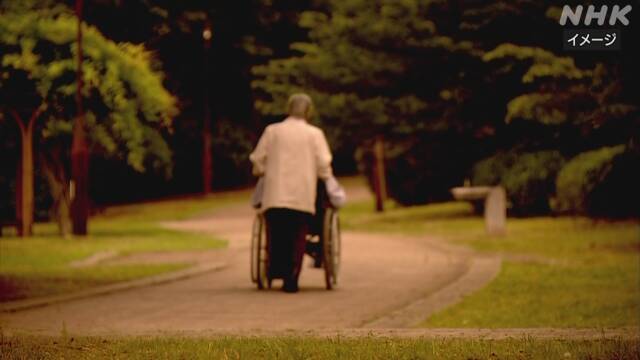According to a group such as the National Center for Geriatrics and Gerontology, a group such as the National Center for Geriatrics and Gerontology investigated the effects of changes in the living environment caused by the new coronavirus on the health of the elderly. It turns out that it seems to be increasing more than.
This survey was conducted by the National Center for Geriatrics and Gerontology and a group at the University of Tsukuba in January, and a questionnaire was given to 1,600 elderly people aged 65 and over nationwide via the Internet, and 937 responded. It was.
As a result, in the one year since January last year, 150 people, or about 16% of the total, were in a state called "frail", which is said to be before the need for new long-term care.
According to a similar survey five years ago, it was about 11%, and this time it has increased about 1.5 times. According to the group, the new coronavirus has changed the living environment such as going out and meeting acquaintances less often. There is a possibility.
In addition, the risk of becoming "frail" was almost doubled for those who live alone and have less social activity than the elderly who live with their families and have many contacts with society such as neighbors.
Hidenori Arai, Chairman of the National Center for Geriatrics and Gerontology, said, "If the frailty syndrome is left untreated, it will lead to the need for nursing care and dementia, so it is necessary to take measures to promote exercise and social participation as well as infection control."

